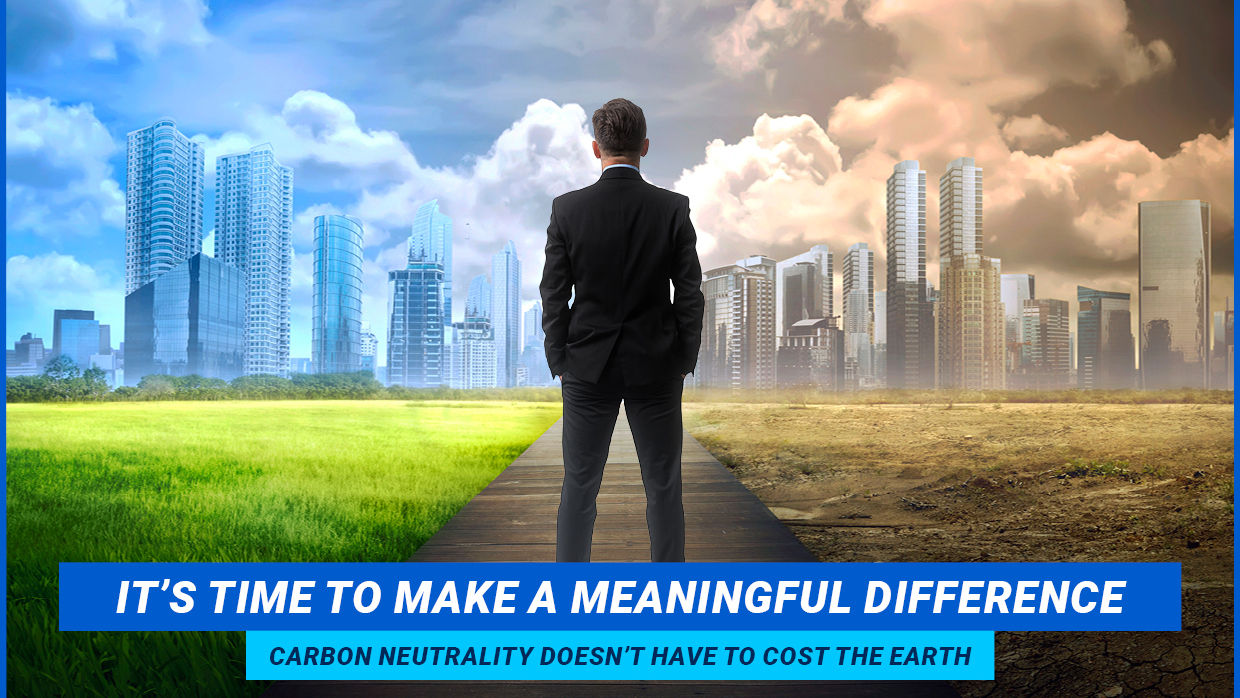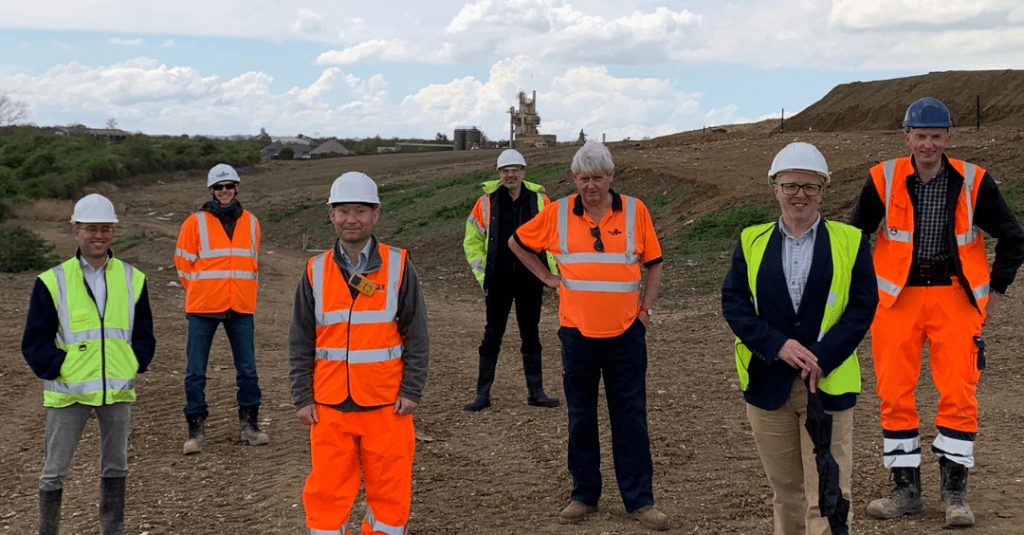Global Warming is an indisputable reality, and it’s happening faster than we thought it would. The effects of Global Warming are already being felt around the world, and if we don’t take steps to address the problem, things are only going to get worse.
One way to address Global Warming is by moving to a net zero emissions economy. This means that instead of emitting greenhouse gases into the atmosphere, we would actually remove as much gas as we emit. There are a number of ways to do this, but it will require a concerted effort from individuals, businesses, and governments around the world.
A Net Zero emissions by 2050 plan
Many investors and corporations have begun to realize that they need to change their businesses in order to reduce greenhouse gas emissions. A lot of these companies have pledged to achieve Net Zero emissions by 2050. These corporations usually have the resources and ability to support this change and develop a plan. They can take steps to reduce the risk of climate change and improve their supply chains – at least to a degree.
Climate change can have a big impact on SMEs
But what does this mean for smaller organizations? Small and medium-sized businesses (SMEs) are very important to the UK’s economy and they can be hurt a lot by climate change. Extreme weather events like storms can damage or destroy buildings and disrupt supply chains. And when it gets hotter or colder, or there is more or less rain, people might want different goods and services. So small businesses might have a hard time being efficient and sustainable.
SMEs don’t use a lot of energy on their own. But when you add them all together, they use a considerable amount – about 58TWh/year. That’s around half of the total amount of energy used by businesses worldwide.
It can be difficult for companies who want to help SMEs be more sustainable. Many owner-managers are too busy to think about or set aside resources for these projects. We need to provide easy-to-use, affordable and flexible consulting support services to this market.
Many SMEs can save a lot of money on their energy costs by making some simple changes, like turning off equipment and closing windows at the end of the day. They can also save money by using cost-effective technologies, like LED lighting.
Wiser and Auditel help SMEs make informed and sustainable decisions
Wiser and Auditel help SMEs in the UK understand their carbon baseline and what they can do to reduce emissions over the next ten years. We use a structured delivery framework to ensure that SMEs can understand their carbon baseline and what verifiable steps can be taken to reduce their emissions over the critical coming decade.




